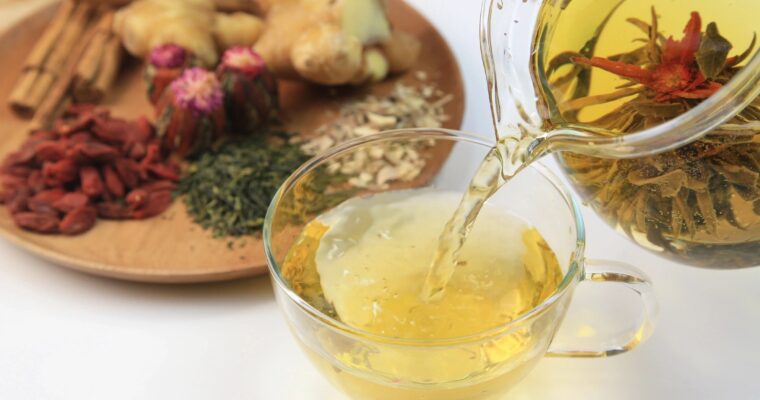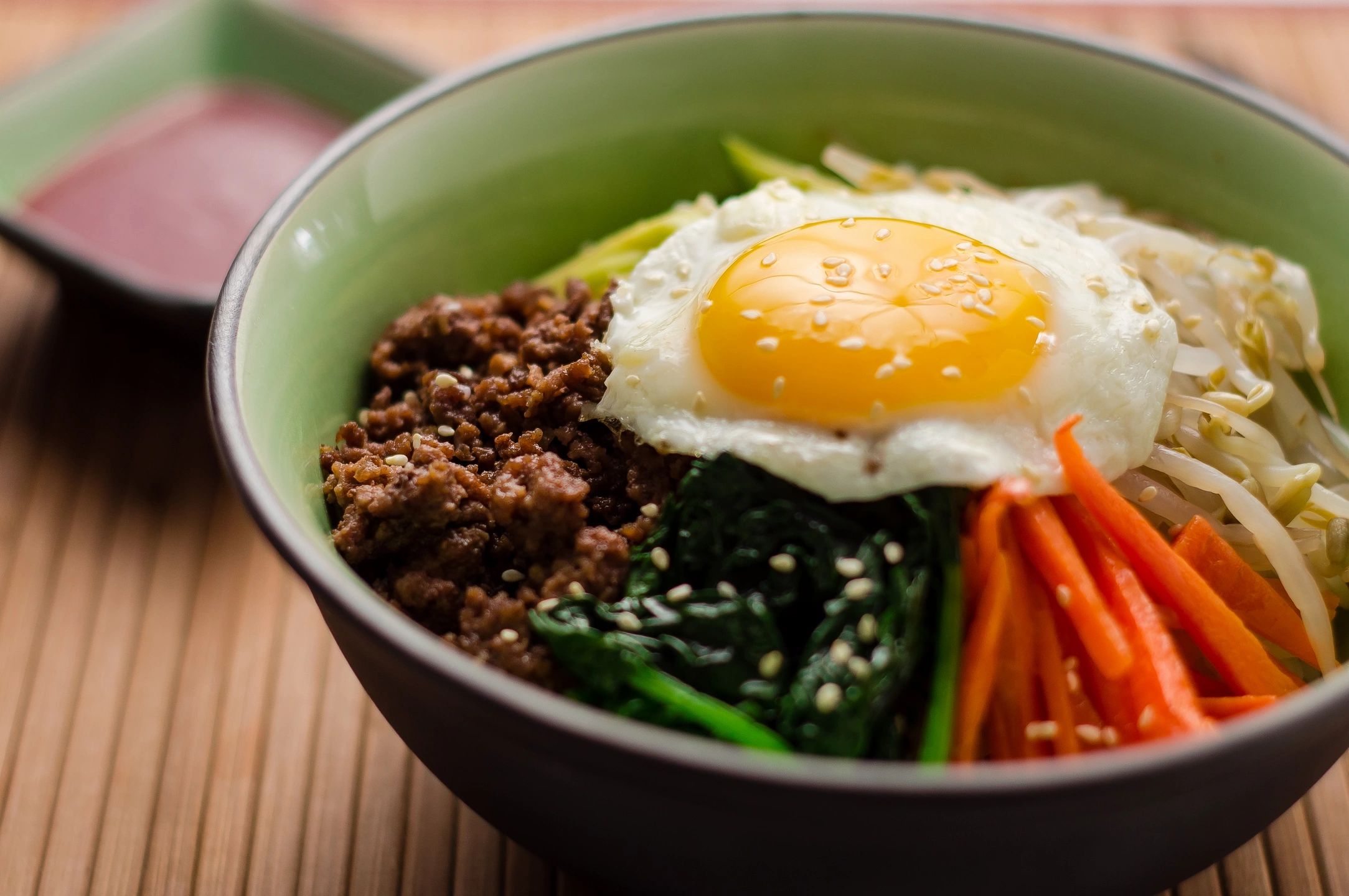WATER~THE INCREDIBLE LIFE FORCE
By: Allie Might, FMC, INHC, ATT
Water is our life force. It is such a necessity but something that very few people seem to get enough of on a daily basis. As I discuss this topic numerous times each day, I’ve heard many misconceptions regarding how much water should or are actually being consumed. Then, we’ll discuss water versus other liquids and try to answer the common question….AREN’T THEY ALL THE SAME?
Water is necessary for so many reasons. It’s needed for the joints, skin, kidneys, and detoxification. It can even can aid in weight loss…and these are just a few of the highlights. We are made up of approximately 60% water. Hence the necessity for proper hydration.
We are accustom to hearing 6-8 glasses of water per day, however that is really an approximation and starting goal. This can fluctuate for each individual. Factors such as weight and activity level play a part in the amount of water needed. It is recommended for an average adult male to drink 13 cups a day and an average female to drink 9-12 cups a day. Keep in mind this can fluctuate, as a general guide that many natural practitioners recommend is to have half your body weight in ounces a day in water.
While liquids in general have water content, there may be some negatives to counting them for hydration. Depending on the liquid, you may have sugar, calories, fat or caffeine into drink. There is truly no substitution for water. You can even start your day my favorite way, with a glass of warn lemon water.
Some people like to add juice or even artificial and chemically flavored squeezable liquid or individual powder packets to make their water more palatable. Incorporating healthy and nutritious powders or concentrated teas can not only boost our overall wellness but also help to increase water intake.
GREENS HX: This helps supply essential nutrients from a variety of vegetables, leafy greens and some fruits. It has a nice earthy taste and is easily mixed into water.
REDS HX: Adding one scoop a day to a bottle of water can offer the antioxidant benefits of fruits berries. This can also be used together with the Greens Hx to add a bit of sweetness without the risk of added sugar.
COLLAGEN HX: This is one of my favorite powders as it has so many benefits. It can be helpful for hair, skin, nails, muscles, tendons, ligaments, bones and joints, just to name a few. It even has a yummy vanilla flavor with compliments anything you mix it with each day.
COLLAGEX HA: This is just like the Collagen Hx but with a slightly different formula. This not only has collagen, but also a variety of natural anti-inflammatories like Indian Frankincense and Turmeric Root, but also has Hyaluronic Acid.
FLEX HX: This is a therapeutic collagen supplement. It is an isolated collagen component that specifically works on tendons and ligaments. I like to recommend this to those that have an injury or are active such as weight lifters or runners.
COCOA HX: Cocoa….seems to be everyone’s favorite treat! This is a great substitute for chocolate desserts as it is a cocoa bean powder without the extra calories and sugar. Try blending with water and fresh fruit for a guilt-free snack.
BEETS HX: Adding Beets into your daily routine can be helpful in supporting healthy circulation and is helpful for nitric oxide to assist in blood flow.
ORANGES HX: If you’re like me and not a big fan of citrus fruits, this is a great option to get not only get in the citrus benefits, but also to get in extra Vitamin C all while increase our water intake.
BONE POWDER: A complete formula to support healthy bones. This has calcium, magnesium, vitamin D, vitamin K, silica and boron.
DAILY DETOX: This can be added to water, I like it on an empty stomach about an hour before bedtime, to give a mild detox each day.
MULTI ENERGY POWDER: A complete multi vitamin in a powder to mix easily into a glass of water. Easy to take and some energy to get through the day with ease.
GREEN TEA TX: This is another one of my personal favorites. Adding 2-3 droppers into water each day not only gives an antioxidant boost, but really encourages water consumption every day.
As you can see, getting the right amount of water is essential for proper hydration and our health and well-being. And, adding some delicious nutrients throughout the day can not only help to reach our individual hydration needs, but also may even boost our health.
www.medicalnewstoday.com/articles/290814
www.health.clevelandclinic.org/7-reasons-to-start-your-day-with-lemon-water-infographic
www.webmd.com/diet/how-much-water-to-drink
www.health.harvard.edu/staying-healthy/how-much-water-should-you-drink
www.mayoclinic.org/healthy-lifestyle/nutrition-and-healthy-eating/in-depth/water/art-20044256
www.webmd.com/diet/collagen-health-benefits
www.webmd.com/food-recipes/features/truth-about-beetroot-juice








